Steve Jobs: The Lost Interview (2012)
Genre : Documentary
Runtime : 1H 10M
Director : Paul Sen
Synopsis
In a television interview filmed in 1995, Steve Jobs talks frankly about his early life, competition with Microsoft and his vision for the future, while he was running NeXT, the company he founded after leaving Apple.
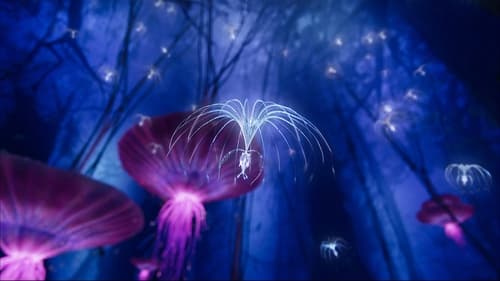
The Making-of James Cameron's Avatar. It shows interesting parts of the work on the set.

Johnny Knoxville and his band of maniacs perform a variety of stunts and gross-out gags on the big screen for the first time. They wander around Japan in panda outfits, wreak havoc on a once civilized golf course, they even do stunts involving LIVE alligators, and so on.
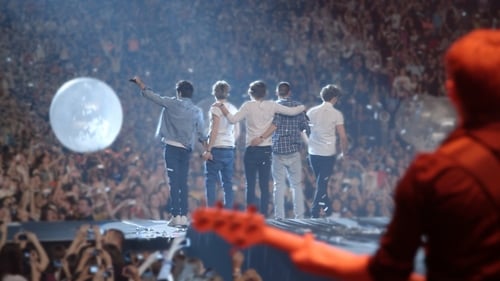
"One Direction: This Is Us" is a captivating and intimate all-access look at life on the road for the global music phenomenon. Weaved with stunning live concert footage, this inspiring feature film tells the remarkable story of Niall, Zayn, Liam, Harry and Louis's really like to be One Direction.
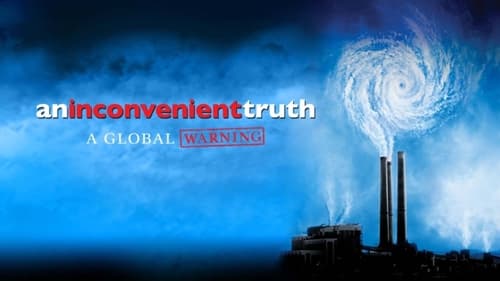
A documentary on Al Gore's campaign to make the issue of global warming a recognized problem worldwide.
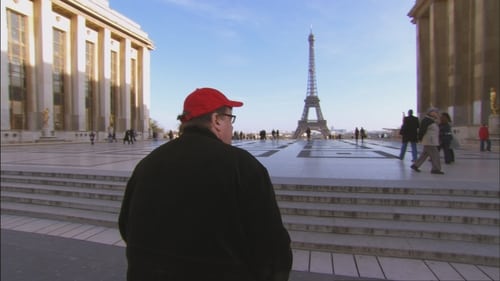
Sicko is a Michael Moore documentary about the corrupt health care system in The United States who's main goal is to make profit even if it means losing people’s lives. "The more people you deny health insurance the more money we make" is the business model for health care providers in America.
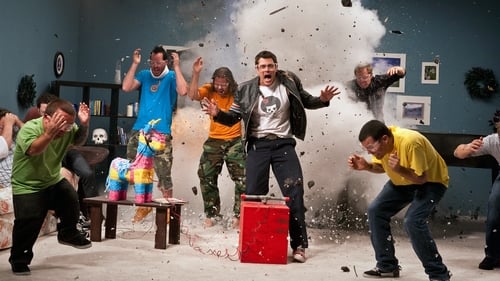
Johnny Knoxville, Bam Margera, Steve-O, Wee Man and the rest of their fearless and foolhardy friends take part in another round of outrageous pranks and stunts. In addition to standing in the path of a charging bull, launching themselves into the air and crashing through various objects, the guys perform in segments such as "Sweatsuit Cocktail," "Beehive Tetherball" and "Lamborghini Tooth Pull."
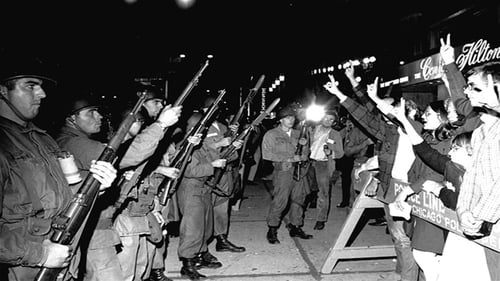
A documentary on the life of John Lennon, with a focus on the time in his life when he transformed from a musician into an antiwar activist.

A compilation of interviews, rehearsals and backstage footage of Michael Jackson as he prepared for his series of sold-out shows in London.

Bruce Brown's The Endless Summer is one of the first and most influential surf movies of all time. The film documents American surfers Mike Hynson and Robert August as they travel the world during California’s winter (which, back in 1965 was off-season for surfing) in search of the perfect wave and ultimately, an endless summer.
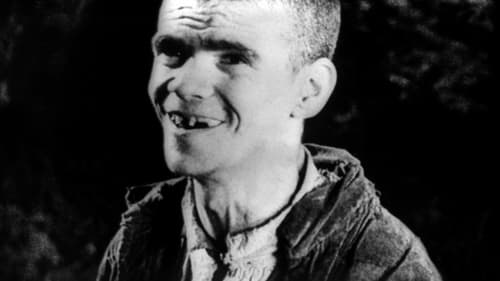
An exploration —manipulated and staged— of life in Las Hurdes, in the province of Cáceres, in Extremadura, Spain, as it was in 1932. Insalubrity, misery and lack of opportunities provoke the emigration of young people and the solitude of those who remain in the desolation of one of the poorest and least developed Spanish regions at that time. (Silent short, voiced in 1937 and 1996.)

Megacities is a documentary about the slums of five different metropolitan cities.
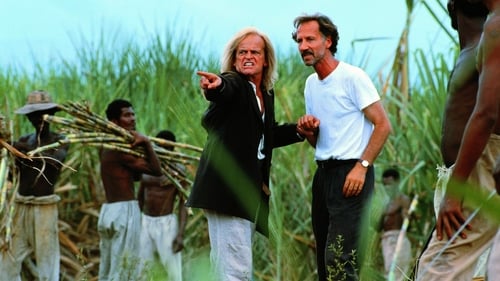
A film that describes the love-hate relationship between Werner Herzog and Klaus Kinski, the deep trust between the director and the actor, and their independently and simultaneously hatched plans to murder one another.
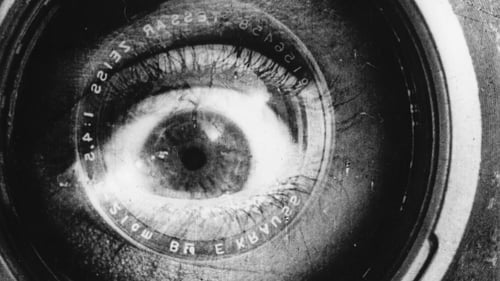
A cameraman wanders around Moscow, Kharkiv, Kyiv and Odesa with a camera slung over his shoulder, documenting urban life with dazzling invention.
Man with a Movie Camera is one of the major manifestos of the world cinema avant-garde. According to the aesthetic principles of Vertov, the film was not based on a script. In Man with a Movie Camera, Vertov implemented experiments that he carried out for many years and theoretical developments in cinematography and editing, turning the film into a film-making methodological guide for subsequent generations of directors. The camera of a talented cinematographer Mikhail Kaufman captures the motley life of Ukrainian megalopolises – Odesa, Kharkiv, and Kyiv – under New Economic Policy.
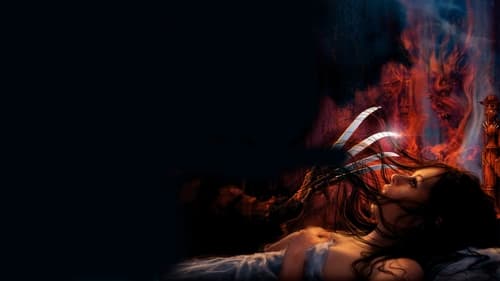
For decades, Freddy Krueger has slashed his way through the dreams of countless youngsters, scaring up over half a billion dollars at the box office across eight terrifying, spectacular films.
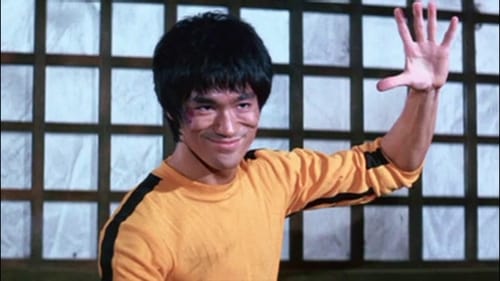
Legendary martial artist Bruce Lee is the subject of this thoughtful documentary by Lee aficionado John Little. Using interviews, behind-the-scenes footage and action sequences from Lee's last (unfinished) film, Game of Death, Little paints a textured, complex portrait of the world's most famous action hero
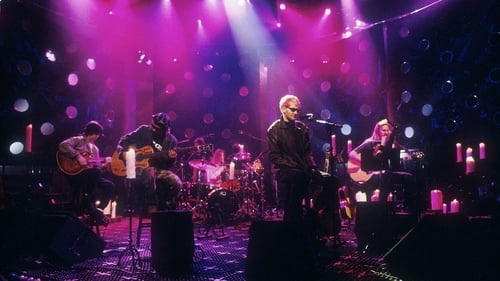
Alice in Chains returned to the popular music eye with this live, acoustic performance in New York on 10th April, 1996. After an absence from the stage of three years the band performed a 13-song set, including 'Heaven Beside You', 'Rooster' and 'Would?'.
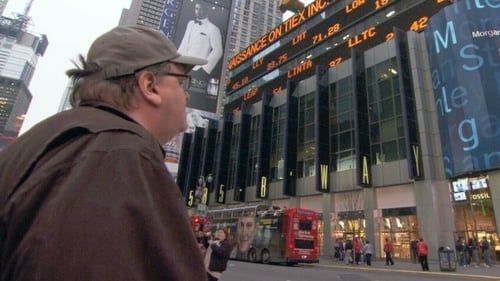
Michael Moore comes home to the issue he's been examining throughout his career: the disastrous impact of corporate dominance on the everyday lives of Americans (and by default, the rest of the world).
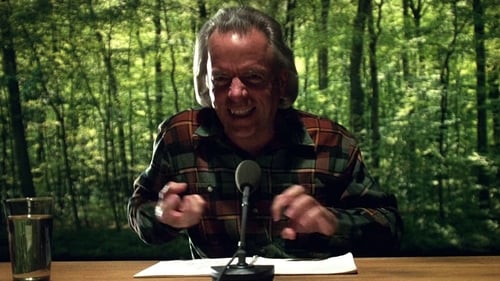
The film documents, in an often dramatic and humorous fashion, Gray's investigations into alternative medicine for an eye condition (Macular pucker) he had developed.
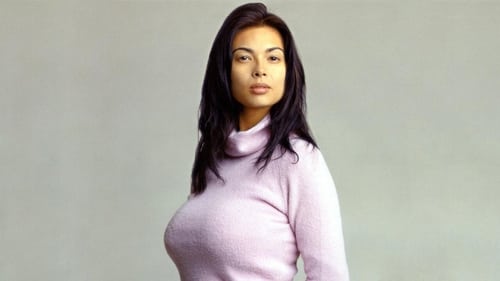
For a book project, photographer Timothy Greenfield-Sanders took photographs of 30 stars of adult movies, each pair of photographs in the same pose, clothed and nude. This film records the photo shoots and includes interviews with the performers and commentary from eight writers (and John Waters). The actors and writers discuss economics, nudity and exhibitionism, careers, and private lives.
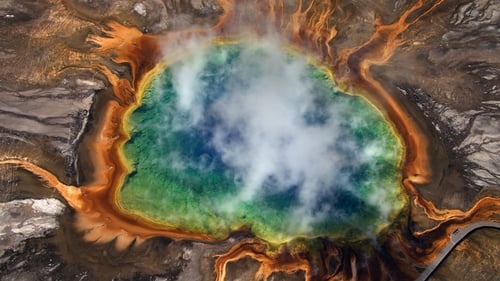
In 200,000 years of existence, man has upset the balance on which the Earth had lived for 4 billion years. Global warming, resource depletion, species extinction: man has endangered his own home. But it is too late to be pessimistic: humanity has barely ten years left to reverse the trend, become aware of its excessive exploitation of the Earth's riches, and change its consumption pattern.























